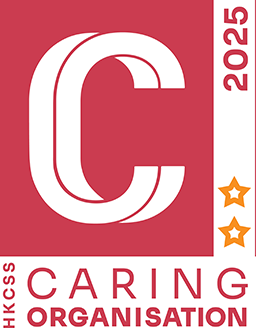Course Coordinator: Dr Wilson Chu Hon-wai, BS (Boston); MSE (Elec. Eng.), MSE (Math. Sc.) (Johns Hopkins University); PhD (HKUST); SrMIEEE
Course Developer: The Open University of the United Kingdom (OUUK)
This course is recommended to students pursuing a degree programme in Electronics. It is also an optional course in the degree programme in Product Design and Technology. PHYS S271 is presented yearly in September.
Advisory Prerequisite(s)
You are advised to have already studied SCI S121, SCI S122, MATH S121 or MATH S122. Some basic knowledge in mathematics and science is required for this course.
Aims
This course aims to:
- Provide students with a general knowledge of physics on which to base their study of subsequent courses in science and technology;
- Describe natural phenomena in a qualitative and quantitative manner;
- Provide students with practical problem-solving through the use of physics.
Contents
The course covers the following topics:
- Newtonian mechanics:
– Motion in one dimension
– Motion in two and three dimensions
– Conservation of momentum and energy
– Rotational motion
– Kinetic theory and chaos - Waves and electromagnetism:
– Vibrations
– Waves
– Charges, forces and fields
– Electric potential and electric current
– Magnetic fields and the Lorentz force law
– Electric and magnetic fields that vary with time - Revolutions of modern physics:
– Special relativity
– The beginnings of modern atomic physics
– The quantum mechanical theory of matter
Learning support
There will be nine two-hour tutorials and 11 two-hour surgeries. In addition, there are a number of practical classes during the course carried out in the presence of tutors to enable you to develop experimental skills. You are required to attend at least two out of the three weekend day schools.
Assessment
There will be four assignments, two assignments (multiple choice) and a final examination. Students are required to submit assignments via the Online Learning Environment (OLE).
Online requirement
This course is supported by the Online Learning Environment (OLE). You can find the latest course information from the OLE. Through the OLE, you can communicate electronically with your tutor and the Course Coordinator as well as other students. To access the OLE, students will need to have access to the Internet. The use of the OLE is mandatory for the study of this course.
Equipment
Students will need access to a computer system suitable for connecting to the Internet. The recommended minimum computing requirements are:
- Pentium CPU
- Microsoft Windows 10
- Colour monitor
- 4 GB RAM
- 20 GB free hard disk space
- Mouse
Students will also need access to a television for viewing the TV programmes.
Software
Students will also need access to a computer with Microsoft Windows 10 or above.
Set book(s)
There are no set books for this course.
Students with disabilities or special educational needs
Students with restricted manual movement or impaired vision that would interfere with experimental work or appreciation of complex diagrams should seek advice from the Course Coordinator before enrolling on the course.










